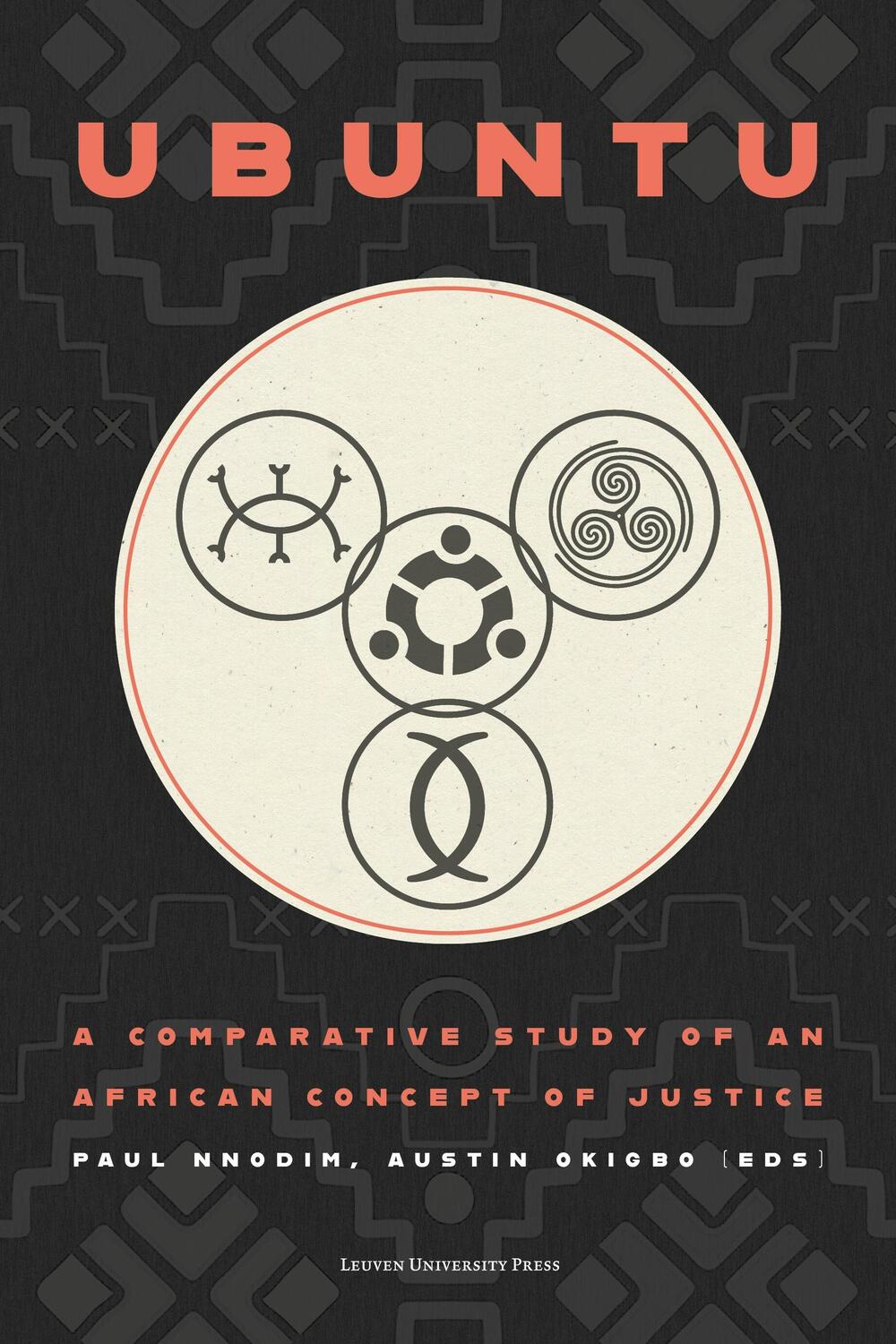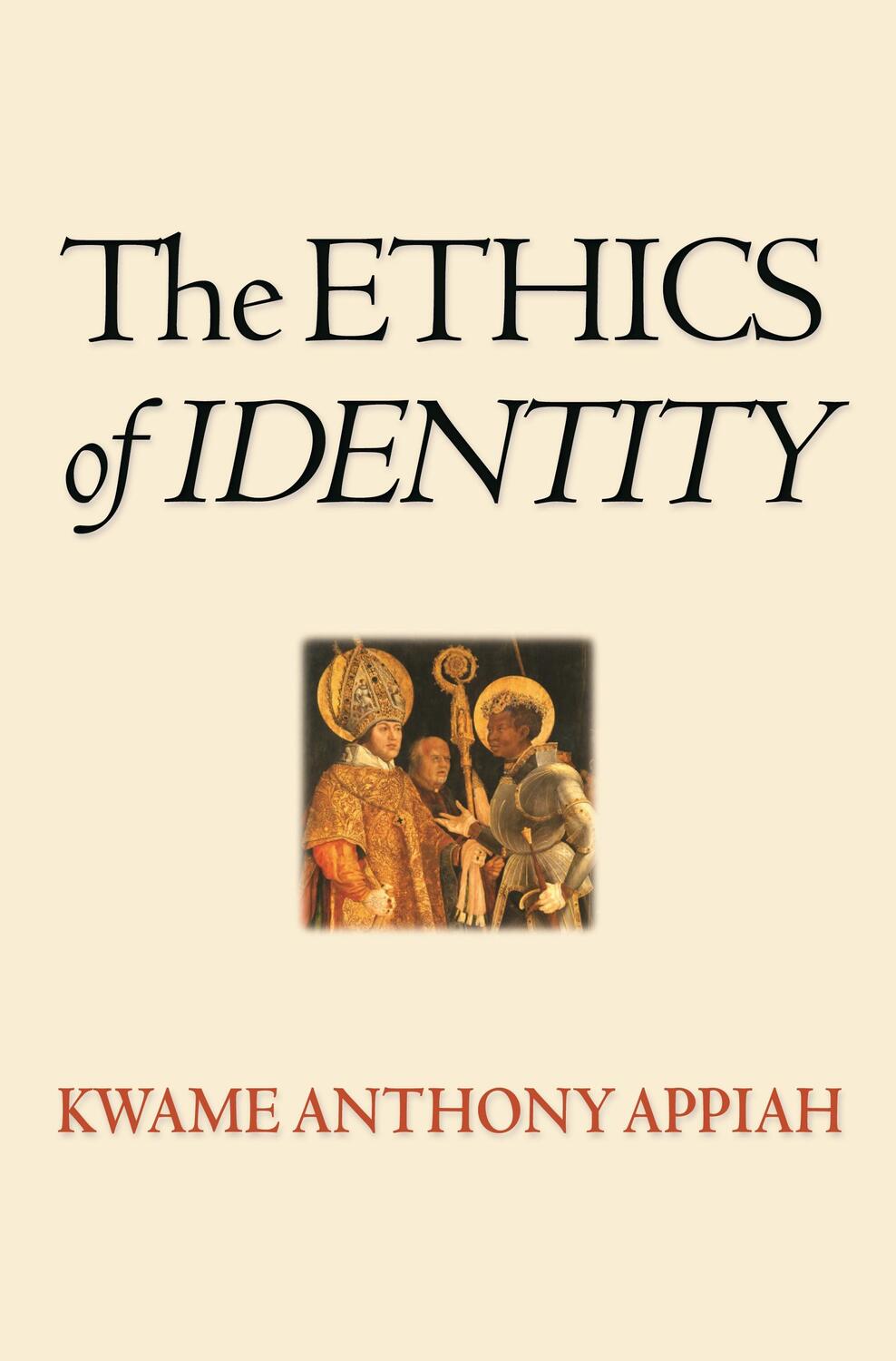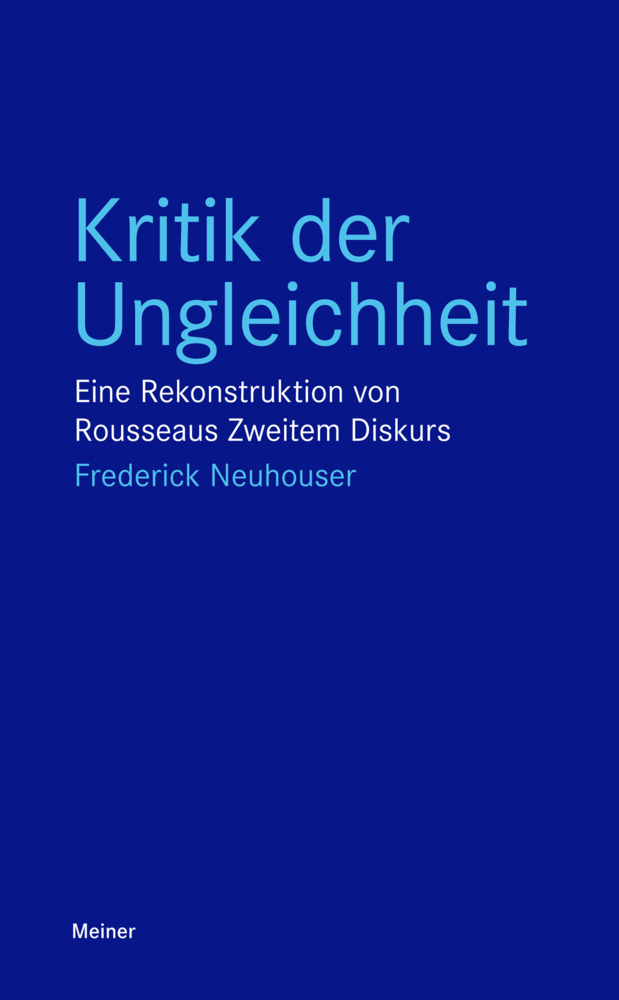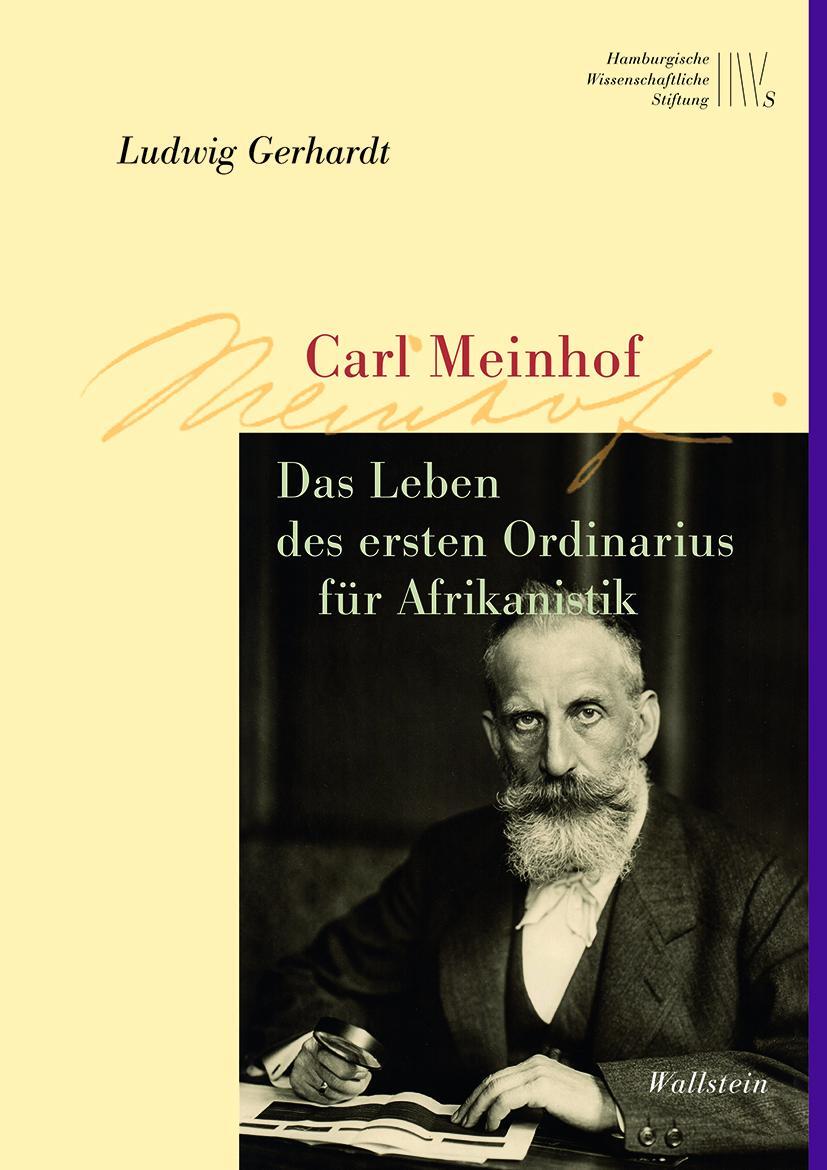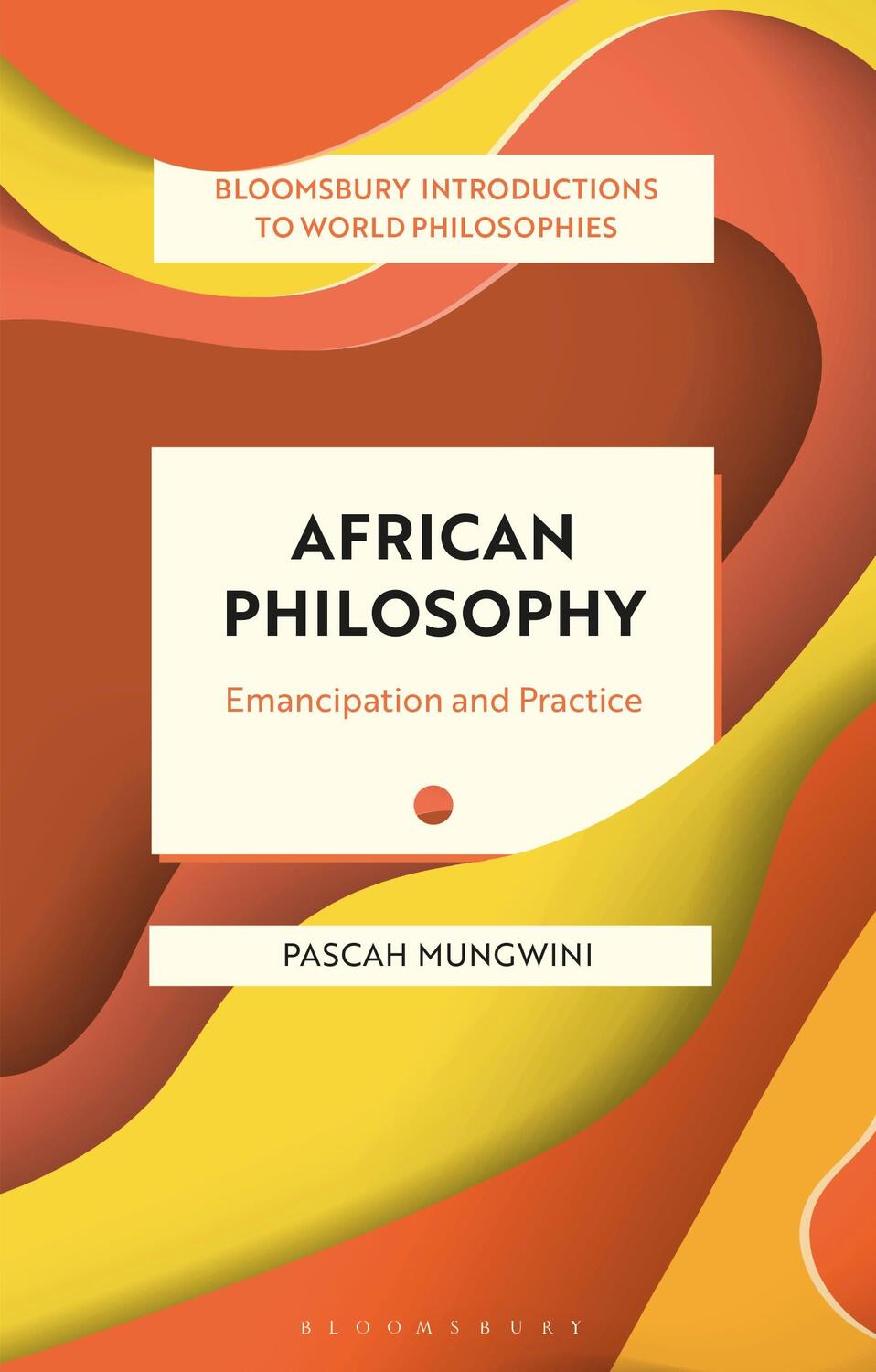53,00 €*
Versandkostenfrei per Post / DHL
Aktuell nicht verfügbar
Ubuntu is an African philosophical tradition that embodies the ability of one human being to empathize with another. It is the quintessence of African humanism, communalism, and belonging. As the late Archbishop Desmond Tutu anticipated, Ubuntu resonated with the moral intuition of the majority of black South Africans in the 1990s. As a result, it became the foundational ethical basis for articulating a new post-apartheid era of reconciliation and forgiveness in the face of a history marked by brutal racial violence. Yet Ubuntu, as a philosophy or ethical practice which has arguably come to represent African humanism and communalism, has not been sufficiently assimilated into contemporary philosophical scholarship.
This anthology weaves interdisciplinary perspectives into the discourse on African relational ethics in dialogue with Western normative ideals across a wide range of issues, including justice, sustainable development, musical culture, journalism, and peace. It explains the philosophy of Ubuntu to both African and non-African scholars. Comprehensively written, this book will appeal to a broad audience of academic and non-academic readers.
Paul Nnodim is a professor of philosophy at Massachusetts College of Liberal Arts.
Austin Okigbo is an associate professor of ethnomusicology, African Studies, and global health at the University of Colorado Boulder.
'Ubuntu', as propounded in this book, significantly contributes to the decolonization of knowledge production by centering an alternative epistemic register to the dominant Western philosophies in scholarship.
Geoffrey Lugano, Kenyatta University
Ubuntu is an African philosophical tradition that embodies the ability of one human being to empathize with another. It is the quintessence of African humanism, communalism, and belonging. As the late Archbishop Desmond Tutu anticipated, Ubuntu resonated with the moral intuition of the majority of black South Africans in the 1990s. As a result, it became the foundational ethical basis for articulating a new post-apartheid era of reconciliation and forgiveness in the face of a history marked by brutal racial violence. Yet Ubuntu, as a philosophy or ethical practice which has arguably come to represent African humanism and communalism, has not been sufficiently assimilated into contemporary philosophical scholarship.
This anthology weaves interdisciplinary perspectives into the discourse on African relational ethics in dialogue with Western normative ideals across a wide range of issues, including justice, sustainable development, musical culture, journalism, and peace. It explains the philosophy of Ubuntu to both African and non-African scholars. Comprehensively written, this book will appeal to a broad audience of academic and non-academic readers.
Paul Nnodim is a professor of philosophy at Massachusetts College of Liberal Arts.
Austin Okigbo is an associate professor of ethnomusicology, African Studies, and global health at the University of Colorado Boulder.
'Ubuntu', as propounded in this book, significantly contributes to the decolonization of knowledge production by centering an alternative epistemic register to the dominant Western philosophies in scholarship.
Geoffrey Lugano, Kenyatta University
Paul Nnodim is a professor of philosophy at Massachusetts College of Liberal Arts.
Austin Okigbo is an associate professor of ethnomusicology, African Studies, and global health at the University of Colorado Boulder.
ACKNOWLEDGMENTS
INTRODUCTION
UBUNTU: MEANING, CONTEXT, AND THE CONCEPTION OF JUSTICE
Austin Okigbo and Paul Nnodim
CHAPTER 1
UBUNTU, LIBERAL INDIVIDUALISM, AND JUSTICE
David Lutz
CHAPTER 2
JUSTICE AS FAIRNESS AND UBUNTU: CONCEPTUALIZING JUSTICE THROUGH HUMAN DIGNITY
Paul Nnodim and Austin Okigbo
CHAPTER 3
RELATIONAL NORMATIVE ECONOMICS: AN AFRICAN APPROACH TO DISTRIBUTIVE JUSTICE
Thaddeus Metz
CHAPTER 4
UBUNTU AND SUSTAINABLE DEVELOPMENT: MOBILIZING CAPACITY
Leyla Tavernaro-Haidarian
CHAPTER 5
UBUNTU: THE ARTICULATION OF AFRICAN VALUES AS AN ETHICAL FRAMEWORK FOR GLOBAL JOURNALISM
Emmanuel-Lugard Nduka
CHAPTER 6
GBENOPO IN OGU MUSICAL CULTURE: AN ETHNOGRAPHY OF SOCIAL CAPITAL IN BADAGRY
Joseph Kunnuji
CHAPTER 7
GGANGA HAD A NARROW ESCAPE: PUNISHMENT AND FORGIVENESS IN KIGANDA COURT SONG
Damascus Kafumbe
CHAPTER 8
INTERFACING UBUNTU AND PALAVER IN A JUSTICE SYSTEM
Levi U.C. Nkwocha
CHAPTER 9
WE ARE BECAUSE YOU ARE SILENCED: SEARCHING FOR MEMORY IN THE TEMPORALITIES OF MOROCCO'S TRANSITIONAL JUSTICE
Brahim El Guabli
CHAPTER 10
POST-CONFLICT JUSTICE IN SOUTH SUDAN'S LOCAL COMMUNITIES: THE CONTRIBUTION OF THE MORALITY OF "AFRICAN-COMMUNITARIANISM" TO PEACE
Aboubacar Dakuyo
CONCLUSION
UBUNTU: OPPORTUNITIES AND CHALLENGES FOR AFRICA AND THE WORLD
Paul Nnodim and Austin Okigbo
ABOUT THE CONTRIBUTORS
INDEX
| Erscheinungsjahr: | 2024 |
|---|---|
| Fachbereich: | Allgemeines |
| Genre: | Philosophie |
| Jahrhundert: | Antike |
| Rubrik: | Geisteswissenschaften |
| Thema: | Lexika |
| Medium: | Taschenbuch |
| Seiten: | 250 |
| ISBN-13: | 9789462703933 |
| ISBN-10: | 9462703930 |
| Einband: | Kartoniert / Broschiert |
| Redaktion: |
Okigbo, Austin
Nnodim, Paul |
| Hersteller: | Leuven University Press |
| Maße: | 156 x 235 x 17 mm |
| Von/Mit: | Austin Okigbo (u. a.) |
| Erscheinungsdatum: | 01.02.2024 |
| Gewicht: | 0,376 kg |
Paul Nnodim is a professor of philosophy at Massachusetts College of Liberal Arts.
Austin Okigbo is an associate professor of ethnomusicology, African Studies, and global health at the University of Colorado Boulder.
ACKNOWLEDGMENTS
INTRODUCTION
UBUNTU: MEANING, CONTEXT, AND THE CONCEPTION OF JUSTICE
Austin Okigbo and Paul Nnodim
CHAPTER 1
UBUNTU, LIBERAL INDIVIDUALISM, AND JUSTICE
David Lutz
CHAPTER 2
JUSTICE AS FAIRNESS AND UBUNTU: CONCEPTUALIZING JUSTICE THROUGH HUMAN DIGNITY
Paul Nnodim and Austin Okigbo
CHAPTER 3
RELATIONAL NORMATIVE ECONOMICS: AN AFRICAN APPROACH TO DISTRIBUTIVE JUSTICE
Thaddeus Metz
CHAPTER 4
UBUNTU AND SUSTAINABLE DEVELOPMENT: MOBILIZING CAPACITY
Leyla Tavernaro-Haidarian
CHAPTER 5
UBUNTU: THE ARTICULATION OF AFRICAN VALUES AS AN ETHICAL FRAMEWORK FOR GLOBAL JOURNALISM
Emmanuel-Lugard Nduka
CHAPTER 6
GBENOPO IN OGU MUSICAL CULTURE: AN ETHNOGRAPHY OF SOCIAL CAPITAL IN BADAGRY
Joseph Kunnuji
CHAPTER 7
GGANGA HAD A NARROW ESCAPE: PUNISHMENT AND FORGIVENESS IN KIGANDA COURT SONG
Damascus Kafumbe
CHAPTER 8
INTERFACING UBUNTU AND PALAVER IN A JUSTICE SYSTEM
Levi U.C. Nkwocha
CHAPTER 9
WE ARE BECAUSE YOU ARE SILENCED: SEARCHING FOR MEMORY IN THE TEMPORALITIES OF MOROCCO'S TRANSITIONAL JUSTICE
Brahim El Guabli
CHAPTER 10
POST-CONFLICT JUSTICE IN SOUTH SUDAN'S LOCAL COMMUNITIES: THE CONTRIBUTION OF THE MORALITY OF "AFRICAN-COMMUNITARIANISM" TO PEACE
Aboubacar Dakuyo
CONCLUSION
UBUNTU: OPPORTUNITIES AND CHALLENGES FOR AFRICA AND THE WORLD
Paul Nnodim and Austin Okigbo
ABOUT THE CONTRIBUTORS
INDEX
| Erscheinungsjahr: | 2024 |
|---|---|
| Fachbereich: | Allgemeines |
| Genre: | Philosophie |
| Jahrhundert: | Antike |
| Rubrik: | Geisteswissenschaften |
| Thema: | Lexika |
| Medium: | Taschenbuch |
| Seiten: | 250 |
| ISBN-13: | 9789462703933 |
| ISBN-10: | 9462703930 |
| Einband: | Kartoniert / Broschiert |
| Redaktion: |
Okigbo, Austin
Nnodim, Paul |
| Hersteller: | Leuven University Press |
| Maße: | 156 x 235 x 17 mm |
| Von/Mit: | Austin Okigbo (u. a.) |
| Erscheinungsdatum: | 01.02.2024 |
| Gewicht: | 0,376 kg |

